Innovations made in the field of education in Khandwa
Innovations made in the field of education in Khandwa
Pictorial study connecting local languages with Hindi and English - Production and supply of teaching materials
Korku and Nimadi languages are used by the local tribal community in the Khandwa district. When children of these families get admission in Anganwadi or schools, they are provided books either in Hindi or in English. The children, despite being talented, do not understand English and Hindi language easily and hence face a lot of difficultures. Also, Anganwadi workers or school teachers who teach them also use Hindi / English language, due to which it is difficult to convey the required academic knowledge to these children. They take more time to understand educational activities than normal Hindi and English speaking children.
To address this challenge, a team of 20 teachers of District Institute of Education & Training (DIET), Khandwa was formed. They were engaged in developing about 11 types of books in which pictures were written along with details in all four languages. To enable easy identification of the languages, a colour code was used for a given laungauge which was used across all books.
It was decided to use these books for pre school learning and teaching in primary schools in the Anganwadis of the district, so that the children of local tribal communities can understand Hindi and English language by understanding the picture through their own language / dialect (Korku / Nimadi). One set each of these books have been distributed in 1682 Anganwadis and 1107 primary schools.
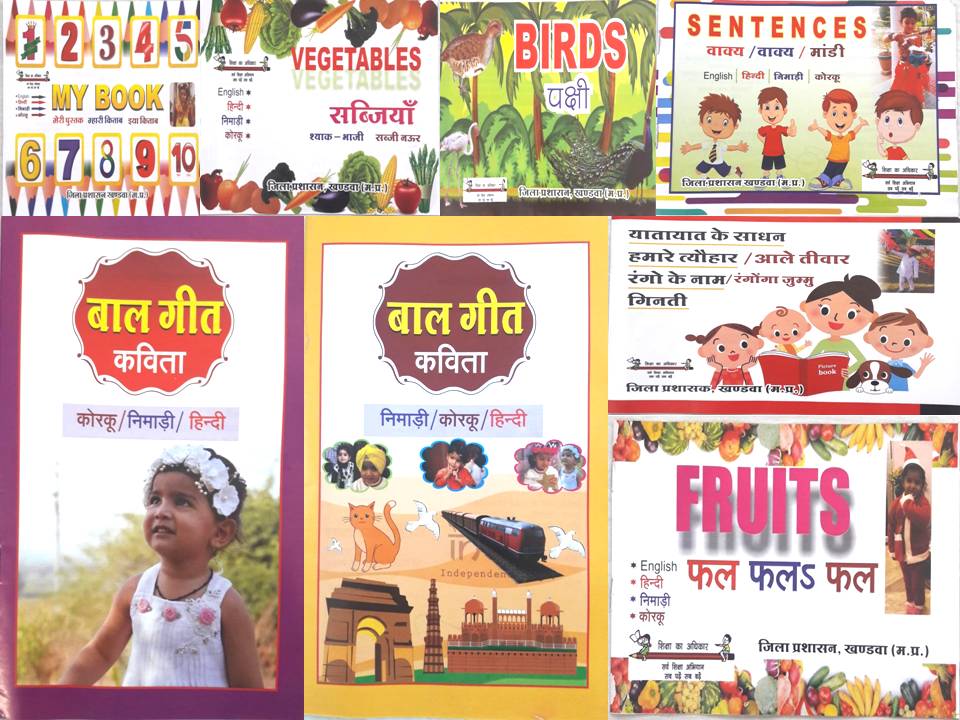
Saakshar Bharat Abhiyan
In order to increase the female literacy rate of the district, a survey was conducated in all the villages to identify illiterates among women. Then in 709 villages across the district, 604 Pradhan Pathak / teachers, 244 Jan Abhiyan Parishad coordinators / learners, 08 volunteers, 1682 Anganwadi workers and 168 NRLM workers were involved in conducting literacy classes for the women. Everyday, 41952 illiterates are being taught in these classes. There was no financial implication for the district in conducitng such literacy camps.
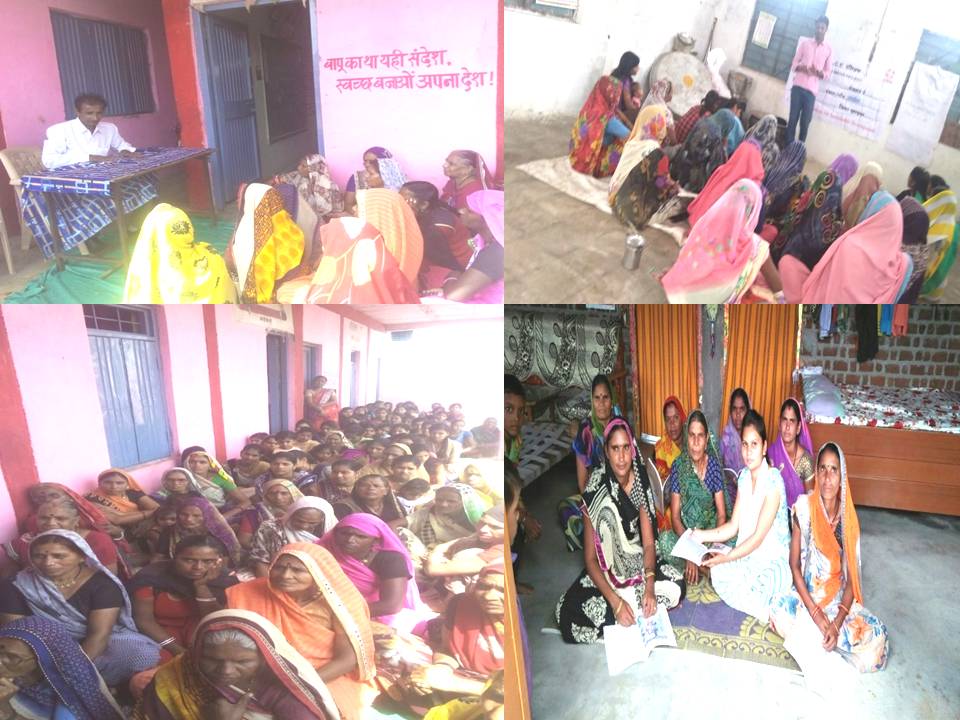
Gyan Setu Programme
In view of the shortage of teachers in the district, under the "Gyan Setu" programme, audio lectures in simple language have been developed covering classes 1 to 8 and delivered to the schools on a pen drive. These were then played through audio player for the students to listen. For students of Class 9th to 12th, audio-video lectures in simple language were prepared and distributed in hard discs to the schools. They are played to the students using a TV in the school. Teaching is being done through these audio / video lectures in places where there is a shortage of teachers or the subject teacher is on leave, so that academic activity is not affected.
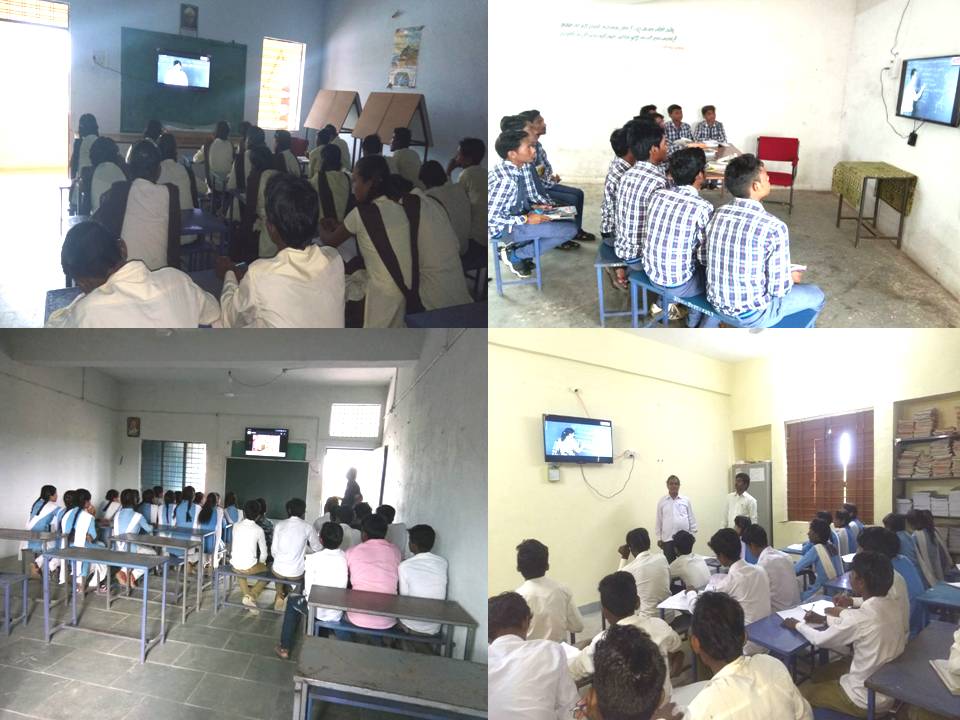
Efforts to upgrade efficiency
In order to upgrade the academic skills of 1,98,915 students studying in 1775 government schools of the district, an educational calendar was prepared in the district, followign scientific approach and quantifiable monthly targets for completion. The teachers and principals have been entrusted with the responsibility of implementation.
Monthly question papers are prepared through DIET to do monthly evaluation of the students. The monthly evaluation (monthly test) is oragnised across all educational institutions at the same time on same dates. After the event, grading of the skills of the students, teachers and school is done. On the basis of this grading, remedial measures such as revision of portion , additional classes and teacher training are being organized to increase the efficiency of the students as well as teachers.
The monthly test results are also shared with the parents of students so that they can get information about their children's competencies and also be able to communicate their own expectations to the class teacher.
Local Talent Festival
On 16/08/2018, a local talent festival for students studying in government schools was organised through virtual mode where schools connected through mobile connectivity. 18 schools were randomly selected by the Collector to test the learning levels of students studying in classes 1 to 8. Oral questions were asked to the students to test their learning.
In the second phase, video conferencing is done through mobile / laptop on the basis of random as per the local talent festival in the second phase.
Under the third phase, the examination is being conducted in every school every 02 months by imposing duties of officers of various departments to evaluate the efficiency of students studying in classes 1 to 8. Whose question papers are prepared through diet.
Conducting classes for admission in Navodaya Vidyalaya
Keeping in mind the view that more and more students of the district can get admission in specific institutions (Navodaya Vidyalayas) and get quality education, after conducting school for the preparation of Navodaya Vidyalaya Entrance Examination, conduct specific classes at 123 centers. In which 4057 current students are studying.
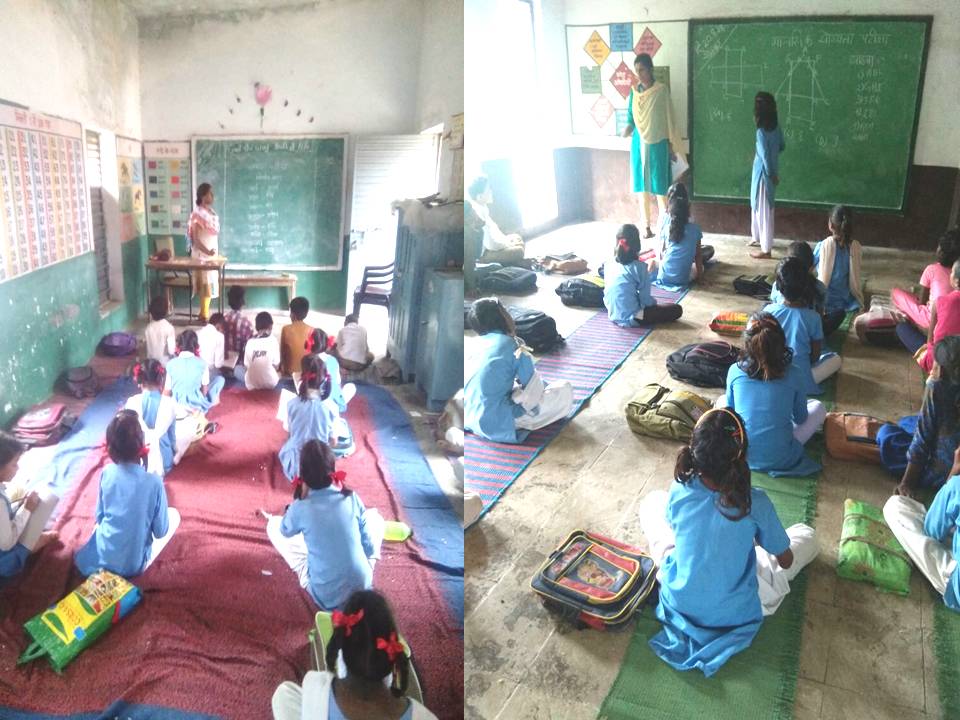
Promotion of use of school in high and higher secondary schools
Experiment in 162 high and higher secondary schools of the district. In order to streamline the use of the school and to promote the use, the school of schools was made smooth from the beginning of the session. Also, all the materials required for the experiment schools were ensured in all high and higher secondary schools of the district and a roster of subject-wise experiments was made and groups of students were made, so that they could use the school regularly and make every student Get enough time and opportunity to experiment.
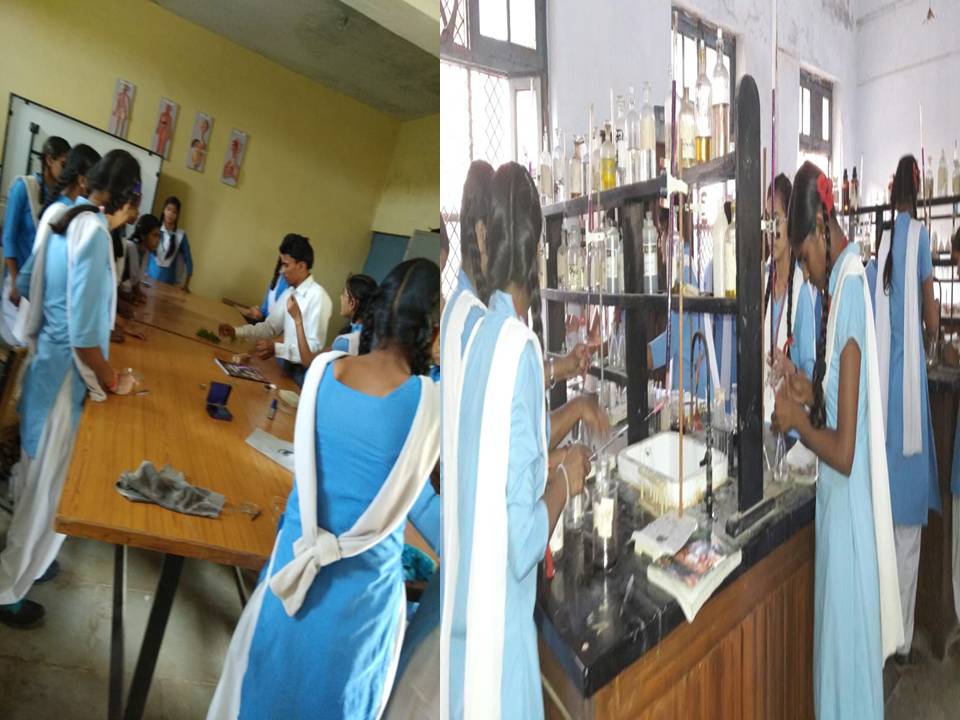
Innovations made under Vanya Radio Khalwa
In the tribal development block Khalwa of the district, community radio is operated under the name of Vanya Radio. In order to make it more effective, publicity has been started in the local language / dialect to make the local community aware of the beneficial schemes of all the major departments. For this, firstly a roster of all the departments has been created and a live broadcast has been started about the major schemes in the local language / dialect so that the local person can get more and more information about these schemes in their own language / dialect (Korku). Tax can get benefits of government schemes.
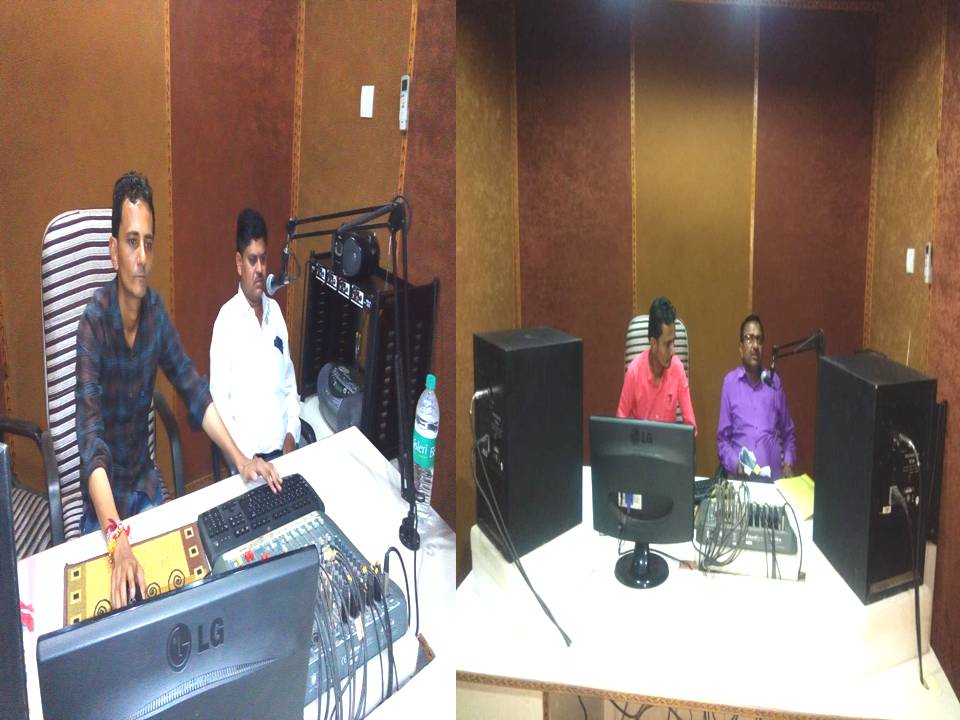
Video lecture for preparation of NEET and IIT
Mathematics and science subjects are taught in 49 higher secondary schools of the district. In order to enable students of such schools to conduct quality studies for the preparation of NEET and IIT, video lectures of NEET and IIT have been provided in all schools. After using these lectures, students get T.V. Preparation of NEET and IIT is being done by running video lectures. This preparation includes not only the students studying in class 12th but also the students studying in class 11th so that students of class 11th can get maximum success by preparing for two consecutive years.
Source : NITI Aayog
Last Modified : 8/29/2023
This topic provides information about Remote learn...
This topic provides information about School Libra...
This topic provides information about Remote educa...
This topic provides information about Remote Learn...
